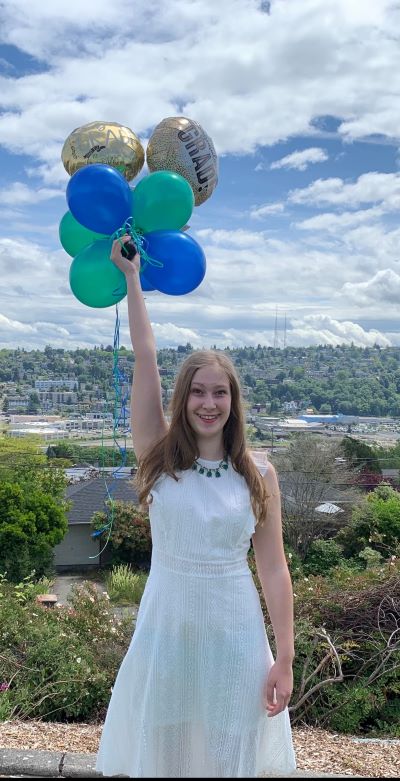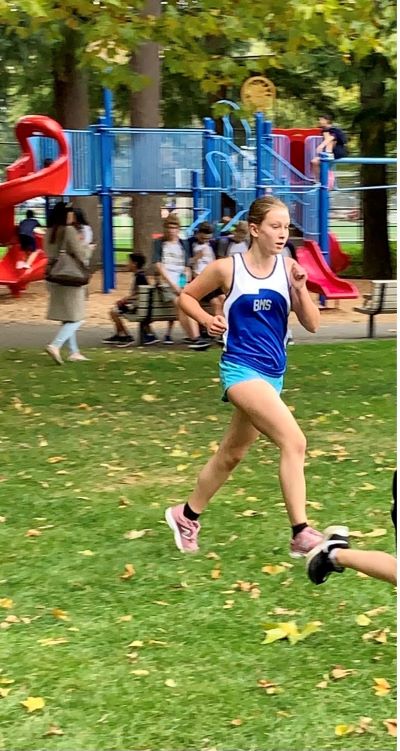Abby Spaulding, 15, was only 2 years old when she was diagnosed with celiac disease.
As a baby, she had a very sensitive stomach and would throw up frequently.
Abby’s mother brought her to the doctor concerned it was something more than just a simple upset stomach. Her intuition was right. Abby was diagnosed with celiac disease.
Celiac disease is an autoimmune disorder that causes damage in the small intestine. People with celiac disease respond differently to gluten, a protein found in wheat, rye and barley.
“It didn’t really come as a big shock to my mom,” Abby said. “My uncle had celiac disease, so we knew it ran in the family.”
Back in San Diego, where Abby spent her early childhood, she would go to support groups with her mother to help navigate a new lifestyle that required Abby to eat gluten-free foods only.
“Since I was so young when I was diagnosed, it was a very confusing situation for me,” Abby said. “When we’d go to the store and my mom wouldn’t allow me to pick certain foods, I didn’t understand what was going on. Joining the support groups really helped me better understand what celiac disease was and how I could cope with it.”
When Abby’s family moved from San Diego to Seattle, her family knew it was important they find a provider who could help manage Abby’s health.
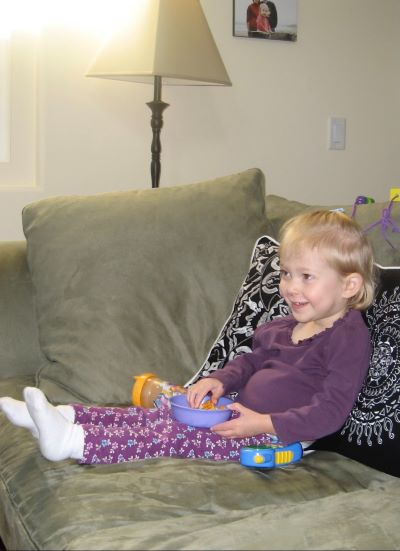
“I was about 8 years old when I first went to Seattle Children’s,” Abby said. “I’ve always been very careful with my diet, so going to Seattle Children’s was mainly for getting check-ups to make sure everything was stable and going well health wise.”
After almost 12 years of dealing with a chronic illness like celiac disease, Abby has learned a lot about what foods she can tolerate and what foods she needs to stay away from.
“My diet has changed over time, and now I don’t eat dairy because I learned it upsets my stomach,” Abby said. “Mostly I’m being careful with not eating anything gluten and have become very mindful when choosing the types of food to eat.”
It makes it easy for Abby to eat gluten-free since her family also eats gluten-free to help support her.
“My entire family eats gluten-free for breakfast, lunch and dinner,” Abby said. “Even when other people come over, we still eat gluten-free — my family takes it very seriously.”
Leading through example
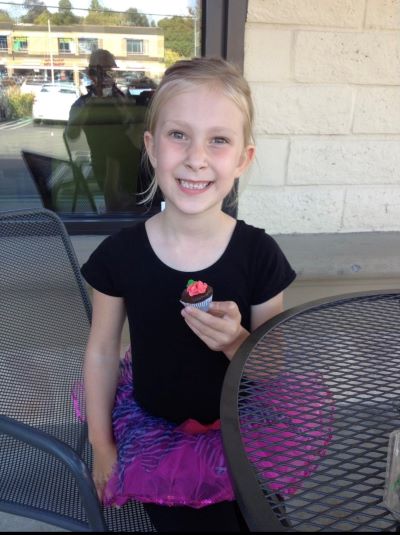 Having been part of support groups since she was young, naturally Abby decided to continue to participate in groups when her family moved to the Seattle area.
Having been part of support groups since she was young, naturally Abby decided to continue to participate in groups when her family moved to the Seattle area.
“Seattle Children’s had a support group which I became an active member in,” Abby said. “Then, in 2018, I learned about a really great opportunity to help others with celiac disease through the Celiac Youth Leadership Council, and I knew I had to apply.”
The Seattle Children’s Celiac Youth Leadership Council (CYLC) is a group made up of youth with celiac disease with the mission of empowering youth to become more involved in the care and management of their celiac disease, and to provide a voice for all children and adolescents living with celiac disease to improve their quality of life. Any child diagnosed with celiac disease ages 10-19 can apply. The expectation for council members is a one-year commitment, active involvement with planning and running the support groups, provide peer-to peer mentorship, act as a community outreach partner and help raise awareness about celiac disease in the community.
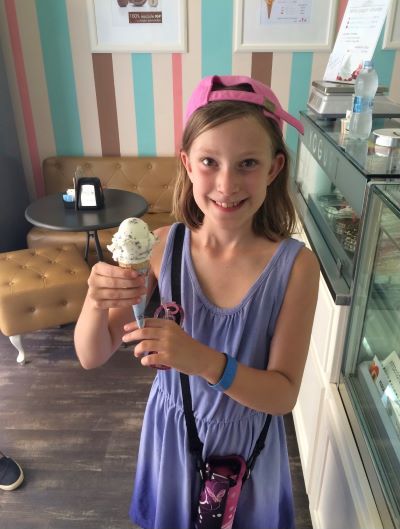
“I never really met people my age with celiac disease, so when it comes to CYLC, I like how we support each other and create close bonds,” Abby said. “I’ve made really great friends, and now that I’m older, I like that I can mentor younger members, which helps me use my disease in positive ways.”
Dr. Dale Lee, director of the Celiac Disease Program at Seattle Children’s, who also cares for Abby, has seen her evolve in her role as a youth leader and couldn’t be prouder of what she’s been able to accomplish.
“Abby has become a leader in the celiac disease community, and in her third year of serving on CYLC, she’s developed a steady voice with an important perspective on what it’s like to live with celiac disease,” Lee said. “It’s difficult to live with celiac — it affects the way you interact with friends and family and your thought process throughout day, which is why I’m impressed by how Abby has adapted really well and successfully with her disease.”
Coming together despite the circumstances
There are 14 youth council leaders this year, leading a support group that ranges from 50-100 people per session.
“It makes me really proud to see everyone come together,” Lee said. “One thing that I hope for all of my patients is to understand their medical condition and health, and advocate for themselves. When you come to a place where you can share and talk about your condition with other people, it means you’ve accepted and owned your medical condition, and it’s not something you’re fearful or ashamed of — it’s something that is part of who you are and you are willing to help others understand and function with it.”
Although this year has been a little different due to COVID-19, the support group, in partnership with CYLC, have continued their sessions virtually. On June 26, they hosted their first virtual session, and despite being in the middle of a pandemic, there were over 80 live participants.
“The virtual support group sessions are going really well,” Abby said. “We’re able to share our ideas and experiences, and although it’s strange because it’s virtual, everyone seems to really want to be there for each other and Dr. Lee has done an amazing job running the group.”
It’s been quite a journey for Abby managing her celiac disease for most of her life, but she wouldn’t change it for anything.
If she were to share some advice with others struggling with celiac disease, she says, “it’s going to be okay and I know dealing with this is something you didn’t expect, but after you give it some time, you’ll feel more confident. It’s a beautiful part of you and you’ll get through it.”

